
Join 10k+ people to get notified about new posts, news and tips.
Do not worry we don't spam!
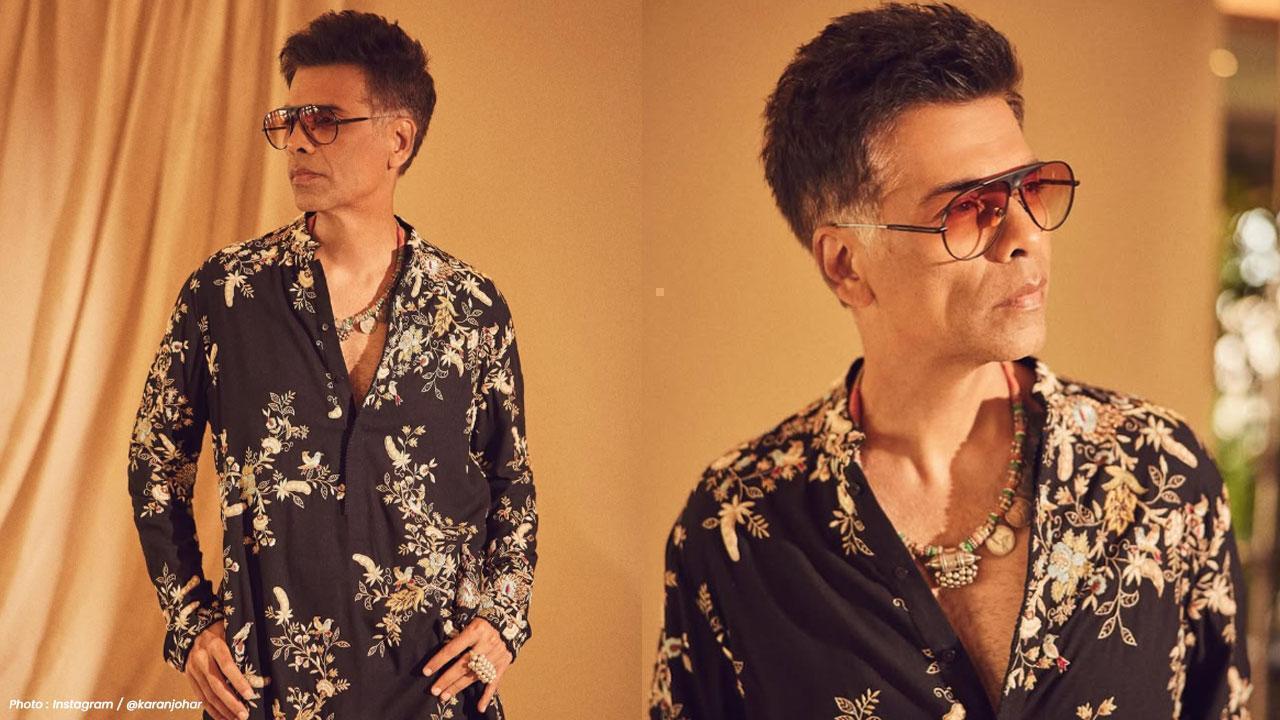
Post by : Raman
In a significant development in India’s entertainment and legal world, filmmaker Karan Johar has approached the Delhi High Court to protect his personality rights. This move comes after actors Abhishek Bachchan and Aishwarya Rai Bachchan successfully secured court protection against the unauthorized use of their images, names, and personal identities. The issue of personality rights has become increasingly important in the digital age, where images, videos, and even artificial intelligence-generated content can be shared widely without consent.
Personality rights are legal protections that safeguard an individual’s personal attributes, including their name, image, voice, signature, and likeness. These rights are especially important for celebrities because their fame, public image, and professional work are closely linked to their identity. When someone uses a celebrity’s name or image without permission, it can lead to financial loss, harm to reputation, and dilution of the goodwill that the celebrity has built over years of hard work.
The Delhi High Court has recognized that unauthorized use of these personal attributes is a violation of legal rights. By granting protection to Abhishek and Aishwarya, and now considering Karan Johar’s petition, the court is sending a strong message: the identity of a person cannot be exploited for commercial gain without consent.
Abhishek and Aishwarya Rai Bachchan had approached the Delhi High Court to stop several platforms, websites, and sellers from using their names and images to sell merchandise. The unauthorized use included items like T-shirts, mugs, posters, and digital products. These products were being sold without the consent of the actors, which is considered a violation of their personality rights.
The court took strict notice of this misuse. Justice Tejas Karia, in his September 10 order, highlighted that the actors’ names, photographs, signatures, and other personal attributes are directly connected to their professional work. He said that using these attributes without authorization can dilute the goodwill and reputation that the actors have developed over years of hard work in the film industry.
The interim order issued by the court provided comprehensive protection. It not only stopped the production and sale of merchandise featuring Aishwarya’s name or image but also included a ban on digital content. This includes AI-generated content, deepfakes, face morphing, or any form of digital alteration that could harm her public image. The court recognized that technology today allows for the creation of realistic fake images or videos, which can damage a celebrity’s reputation if misused.
Following this development, Karan Johar has approached the Delhi High Court seeking similar protection. As a filmmaker, producer, and public personality, Johar’s identity is closely tied to his work in the film industry. Unauthorized use of his name, image, or persona can harm both his reputation and professional associations. By filing this petition, Johar is aiming to prevent any unauthorized use of his personal attributes and ensure that his identity is legally protected.
The rise of digital platforms, social media, and AI technology has made it easier for unauthorized content to spread quickly. Deepfake videos, AI-generated images, and altered digital content can appear very realistic, which makes it hard for the public to identify what is real and what is fake. For public figures like Karan Johar, such misuse can have serious consequences, including damage to their professional reputation and public trust.
This series of cases highlights the growing importance of personality rights in India. Celebrities spend years building their careers, public image, and goodwill. Unauthorized use of their identity for commercial purposes is not just a legal issue; it is an ethical and moral concern. It shows a lack of respect for the hard work and reputation of public figures.
By granting these protections, the Delhi High Court is setting a strong precedent. It sends a clear message that the law will protect individuals against misuse of their identity, whether in physical products or digital content. This is particularly important in the modern era, where AI technology can create fake images, videos, and digital representations that can mislead the public.
The court’s intervention has both legal and social implications. Legally, it reinforces the idea that personality rights are protected under Indian law. Individuals have the right to control how their personal attributes are used, and unauthorized use can lead to legal consequences. The court’s order makes it clear that violating these rights will not be tolerated.
Socially, it educates the public about respecting personal identity. Many people may not realize that using a celebrity’s image, name, or likeness without permission is not just unethical but also illegal. The court’s orders create awareness that consent is necessary before using someone’s identity, regardless of whether it is for commercial purposes or online sharing.
One of the key aspects of these cases is the role of technology. AI, deepfake software, and digital manipulation tools have become widely available, making it easier to create realistic fake content. While technology has many benefits, it also poses risks to personal identity and reputation.
The Delhi High Court has addressed this challenge by explicitly including AI-generated content and digital alterations in its orders. This forward-thinking approach ensures that personality rights are protected not only in traditional merchandise but also in the digital space. It is a recognition that the law must evolve with technology to prevent misuse of personal identity.
The public has shown strong support for these measures. Many people recognize that celebrities, like all individuals, deserve the right to control their personal identity. Social media users have praised the court for taking steps to prevent misuse of personal images and names. There is also growing awareness among online sellers and digital content creators about the importance of obtaining permission before using someone’s identity.
For celebrities, these cases are a reminder to be proactive in protecting their personality rights. Legal intervention can provide protection, but awareness and monitoring are equally important. Public figures need to be vigilant about how their images, names, and personal attributes are being used, especially online.
For the public, the cases serve as an important lesson about respecting individual rights. Using someone’s likeness without permission is not harmless; it can have real consequences for the person involved. Whether it is creating fan art, selling merchandise, or sharing content online, consent is crucial.
Karan Johar’s petition indicates that the issue of personality rights will continue to be relevant in the future. As technology evolves, the potential for misuse of personal identity will increase. Courts will need to stay ahead of these developments and ensure that legal protections are comprehensive and adaptable.
The cases of Abhishek Bachchan, Aishwarya Rai Bachchan, and Karan Johar may also inspire other celebrities to take legal action to protect their identity. This could lead to a broader movement in India to strengthen personality rights and safeguard public figures against exploitation.
The Delhi High Court’s orders in these cases mark a major step in protecting personality rights in India. By granting legal protection to celebrities against unauthorized use of their names, images, and personal attributes, the court is reinforcing the importance of consent, respect, and ethical use of personal identity.
In today’s digital age, where images and videos can be easily shared and manipulated, such protections are more important than ever. Celebrities like Abhishek Bachchan, Aishwarya Rai Bachchan, and Karan Johar are not only safeguarding their personal reputation but also setting an example for the entire industry.
These legal measures send a clear message: personal identity is valuable, and misuse of it will not be tolerated. The court’s forward-looking approach, including the protection against AI-generated and digitally altered content, ensures that personality rights remain relevant and effective in the modern world.
Ultimately, this development is not just about celebrity protection. It is about respect for individual identity, ethical use of personal attributes, and establishing clear legal boundaries in an age dominated by technology. By recognizing and enforcing personality rights, India is taking a strong step toward protecting individuals’ dignity, reputation, and professional identity in both the physical and digital worlds.
Karan Johar, Abhishek Bachchan, Aishwarya Rai Bachchan, personality rights, Delhi High Court
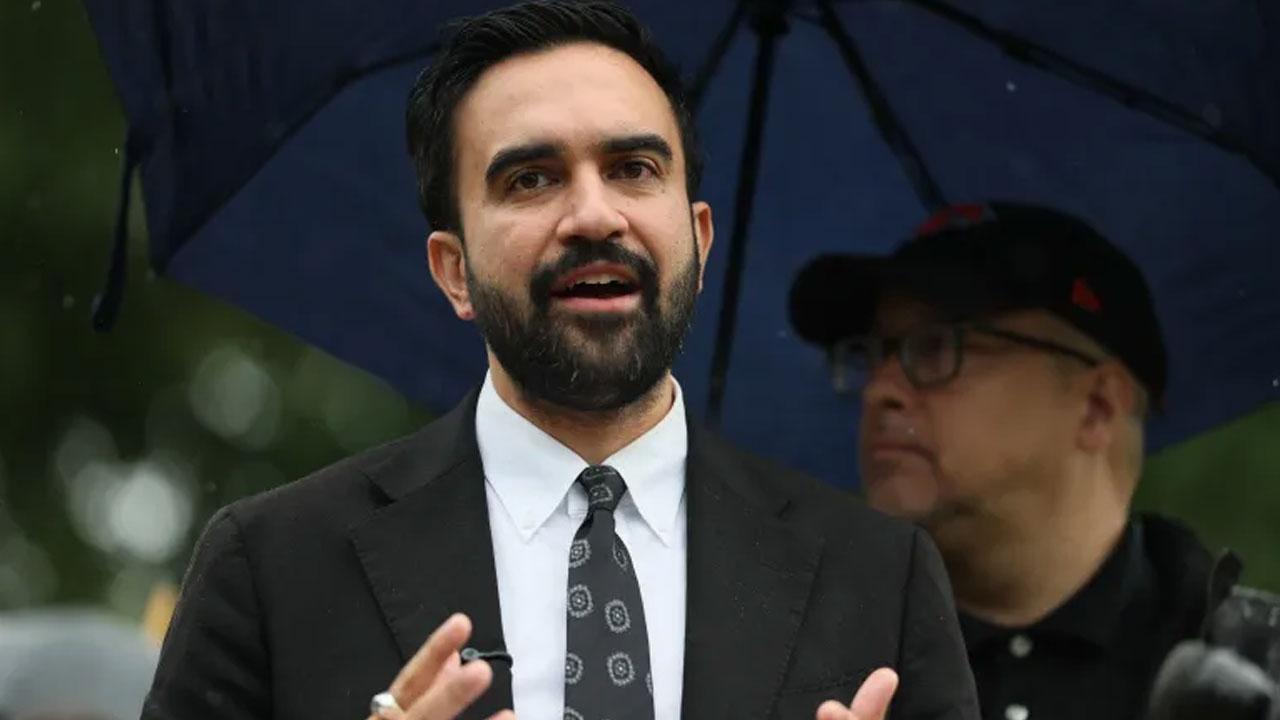



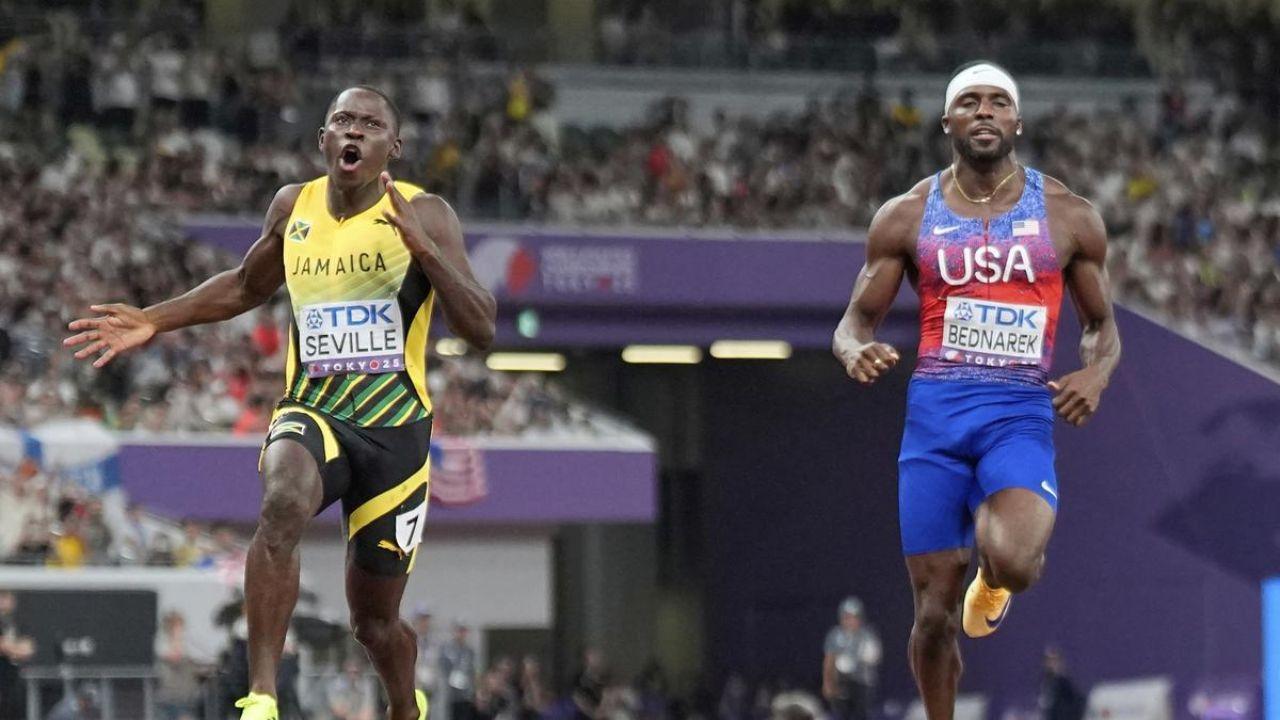
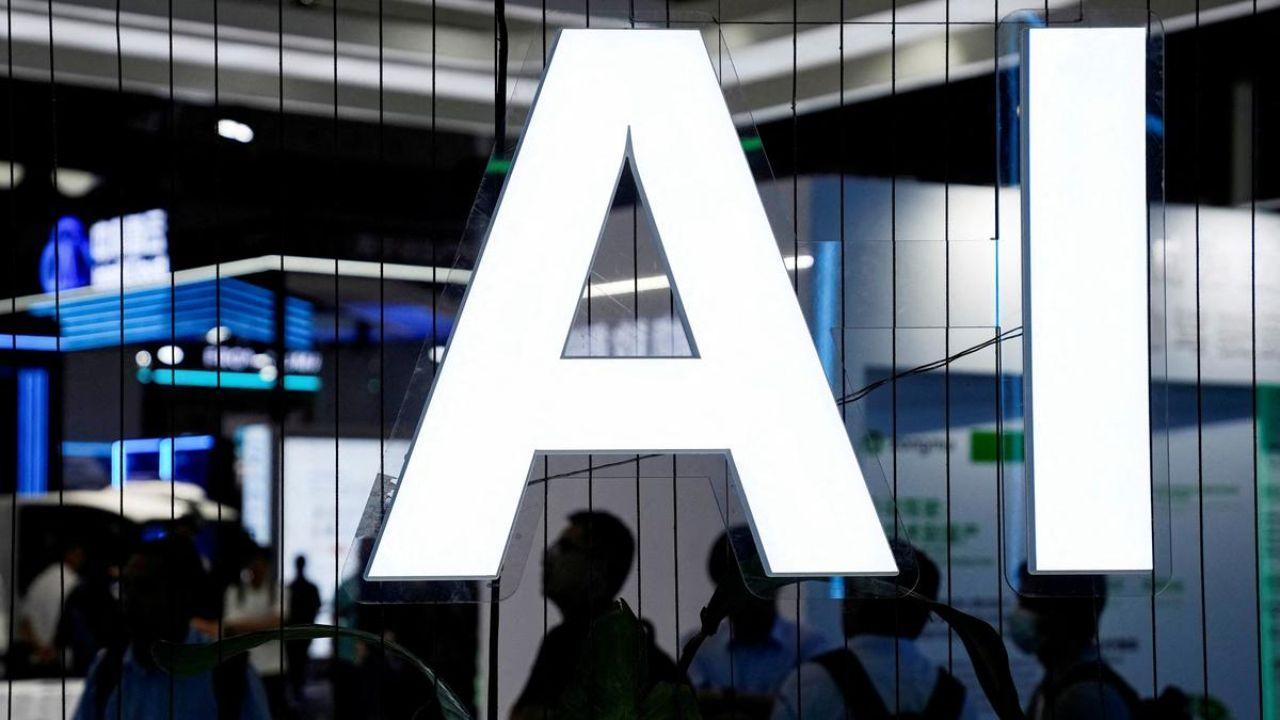




Lily Collins Shines in Glamorous Calvin Klein Look at New York Fashion Week
Lily Collins stuns at NY Fashion Week in a sparkling Calvin Klein co-ord set, blending elegance, gla
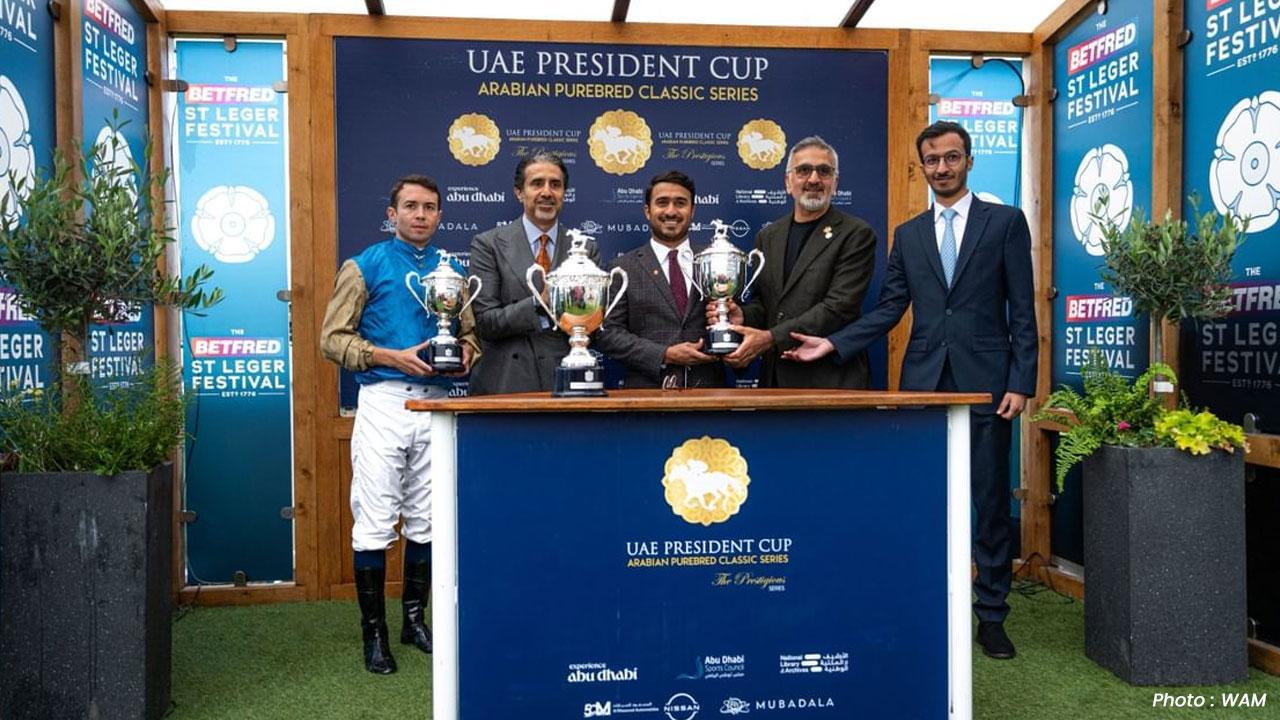
Lippo Di Carrara wins UAE President’s Cup Derby at Doncaster
Lippo De Carrere shines at Doncaster, winning the UAE President’s Cup UK Arabian Derby, the richest
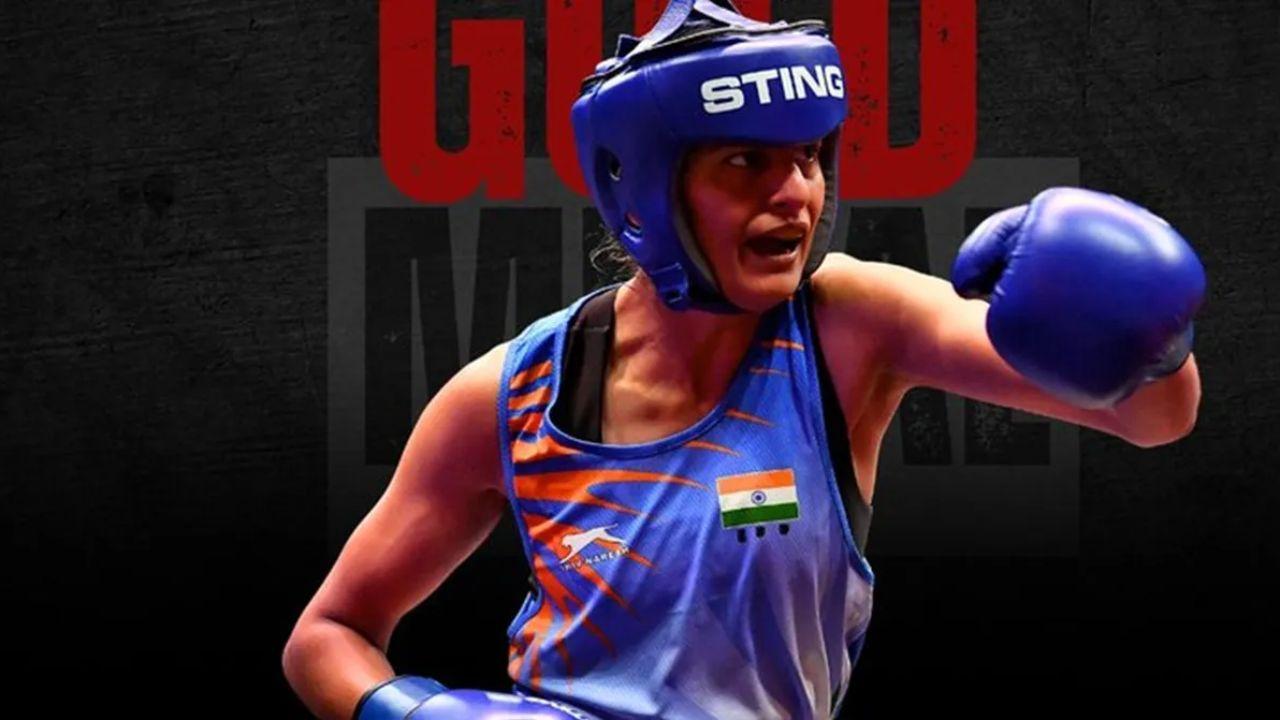
Jaismine Lamboria Wins World Boxing Gold for India
India’s Jaismine Lamboria claimed World Boxing gold, while Nupur Sheoran earned silver and Pooja Ran
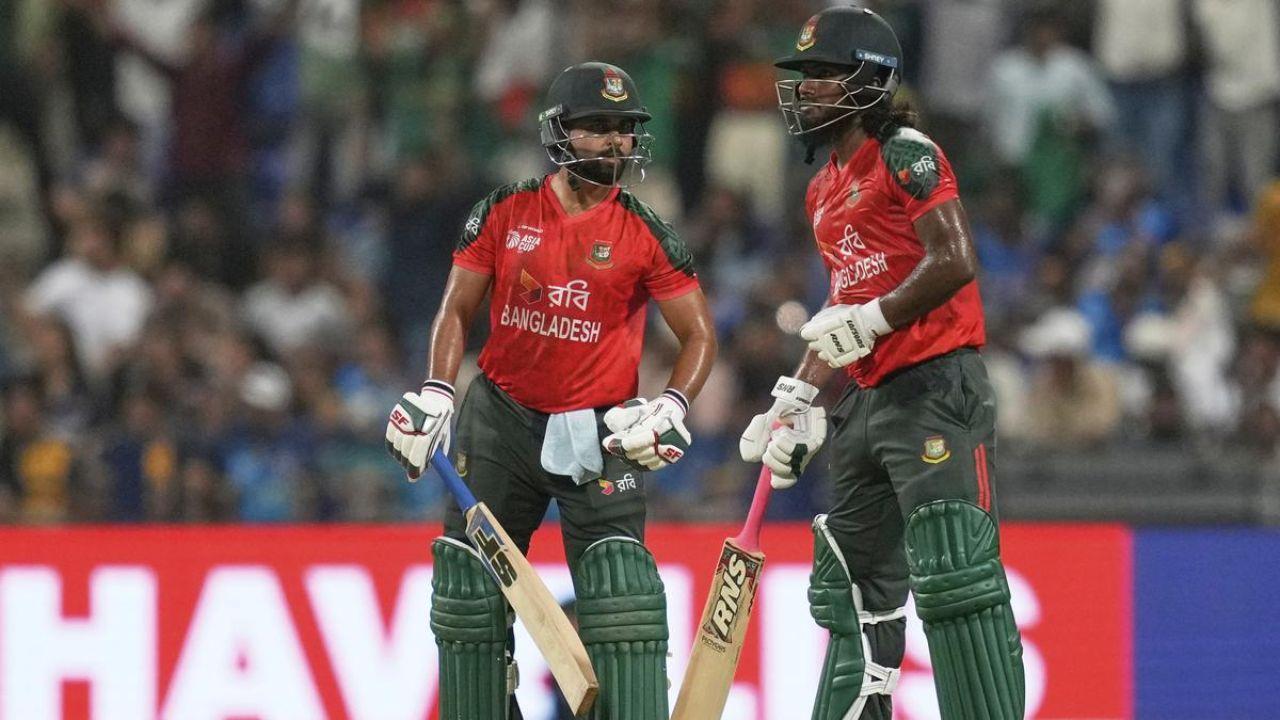
Sri Lanka beat Bangladesh by 6 wickets in Asia Cup 2025 opener
Sri Lanka started their Asia Cup 2025 campaign with a six-wicket win over Bangladesh, powered by Nis
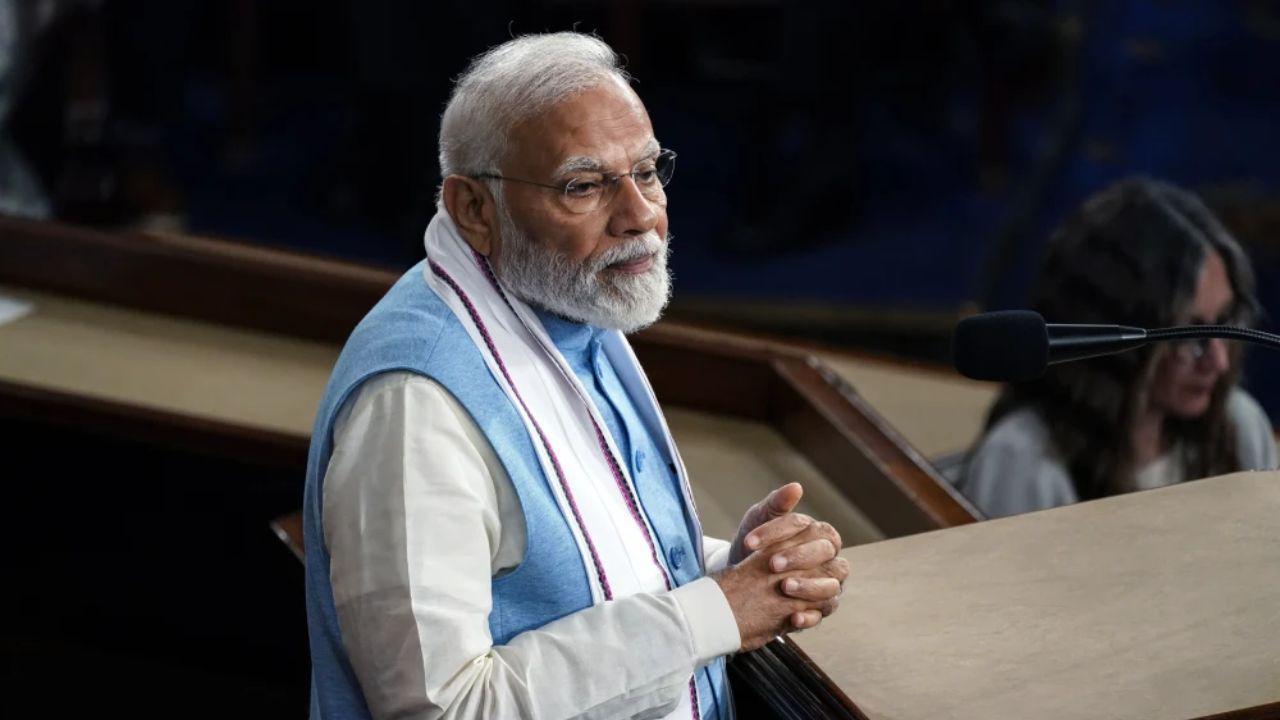
PM Modi Lays ₹6,300 Crore Projects in Assam Criticizes Congress
PM Modi accuses Congress of backing infiltrators, lays ₹6,300 crore health and infrastructure projec
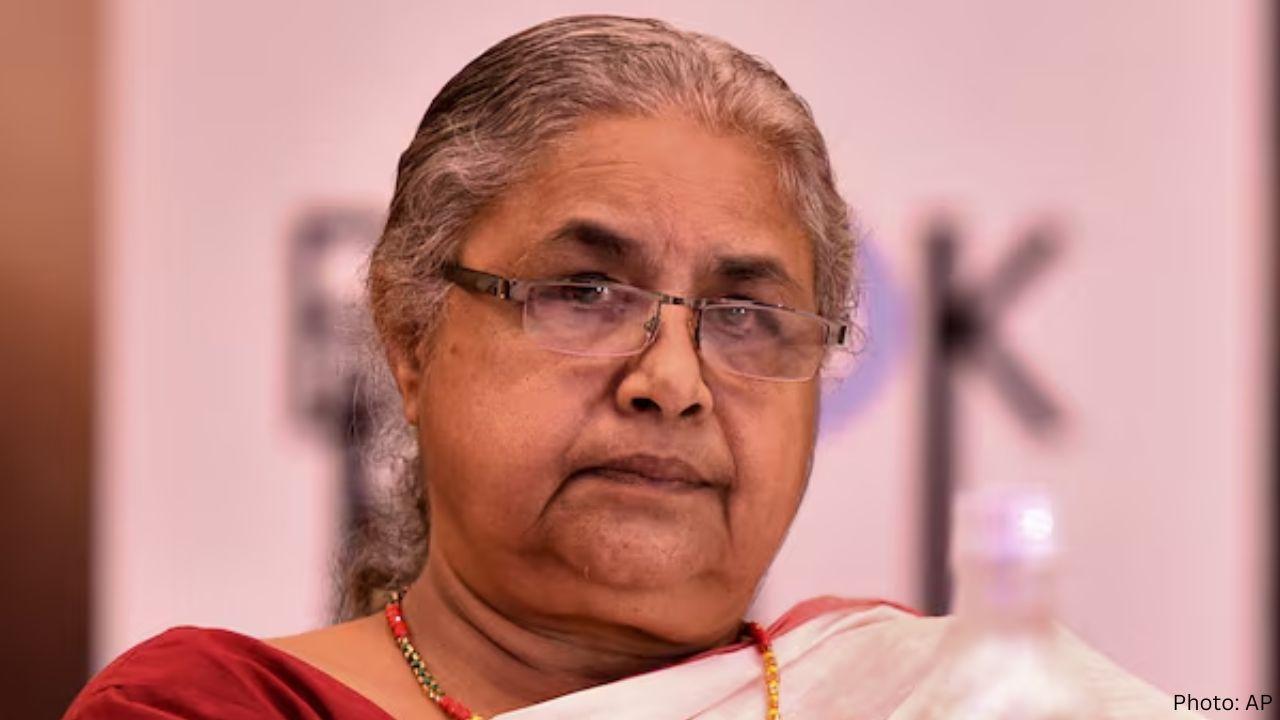
Sushila Karki Becomes Nepal’s First Woman Prime Minister
Eminent jurist Sushila Karki, 73, becomes Nepal’s first woman prime minister after Gen Z protests to